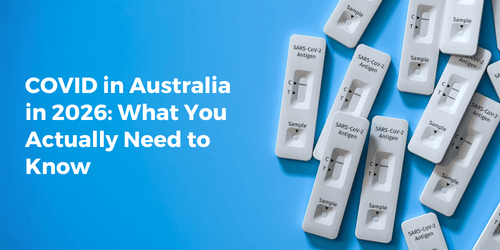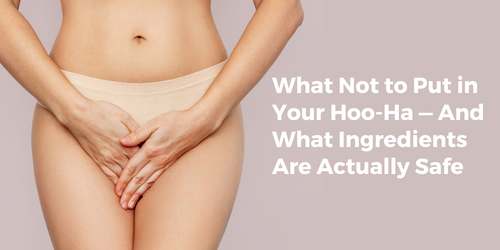Understanding Expired Surgical, Non-Surgical & Respirator Masks
Wondering if you can still use short-dated face masks? Learn the truth about the effectiveness of surgical masks, general non-surgical masks, and respirators like N95/P2s after their expiry date. Australian context included.
What Does “Short-Dated” Mean for Face Masks?
Short-dated masks refer to masks nearing or just past their manufacturer's expiry date, often within 3–6 months. These expiration dates are based on performance testing for:
- Filter material degradation
- Strap or nose bridge elasticity
- Breathability and overall integrity
These factors are crucial, especially in medical or clinical settings, but what about personal or everyday use?
Why Do Face Masks Expire?
Most face masks—whether surgical, non-surgical disposable, or respirator-grade like P2/N95—use layers of synthetic materials (like polypropylene) that can degrade over time. Expiration also reflects:
- Breakdown of electrostatic filters
- Elastic or adhesive failures
- Reduced splash/fluid resistance
An expired mask doesn't always mean it's useless—it just means the manufacturer no longer guarantees peak protection.
Effectiveness of Short-Dated Masks: Type by Type
- Surgical Masks (ASTM / EN Rated)
- Designed for: Use in medical procedures and sterile environments
- Standards: Must meet fluid resistance and bacterial filtration levels
- Expiration Effect: May lose splash resistance or breathability; mask structure can weaken over time
- Still Usable?
- ✅ For general personal use: Yes, if stored properly and undamaged
- ❌ For clinical or sterile use: No
- Non-Surgical Disposable Masks (General 3-ply or 4-ply masks)
- Designed for: General public use, transport, retail, light work
- No official certification: Do not meet TGA, ASTM, or EN standards
- Expiration Effect: Ear loops may lose stretch; material may lose integrity
- Still Usable?
- ✅ Yes, for public use, especially in low-risk environments
- ⚠️ Inspect carefully: Don’t use if straps are brittle, mask smells odd, or it doesn't seal against the face
Note: These masks were widely used during COVID-19, especially in community settings when certified masks were in short supply.
- Respirator Masks (P2 / N95 / KN95)
- Designed for: High-risk exposure, healthcare, dusty worksites
- Standards: Must meet filtration efficiency and fit standards
- Expiration Effect: Electrostatic filter media degrades, reducing particle capture; nose seals and straps can fail
- Still Usable?
- ⚠️ Yes, conditionally: Many studies (including CDC and WHO insights) confirm expired N95/P2 masks can still be effective if stored well and passed a fit test
- ❌ Avoid in critical healthcare or immunocompromised settings without testing

Key Tips Before Using Short-Dated Masks
✅ Check for visible damage: tears, stains, loss of structure
✅ Ensure straps or ear loops are firm and elastic
✅ Store masks in a dry, cool, sealed environment
✅ Only use expired masks for personal or low-risk settings
❌ Do not reuse disposable masks beyond intended use
❌ Never use expired masks in sterile or surgical procedures
Where Can You Buy Short-Dated Masks in Australia?
MedCart Australia offers a wide range of short-dated face masks (including surgical, disposable non-surgical, and respirators) at discounted prices. These are screened for condition and quality prior to dispatch.
Short-dated products are non-returnable, non-refundable, and subject to stock verification. Always confirm with MedCart support for updated expiry information before purchase.
FAQs
Can expired disposable masks still protect me?
Yes, to some degree—especially for general protection like in public areas. Always inspect before use.
Are expired P2/N95 masks safe?
They may still function if stored correctly and if they fit well. Not recommended for medical use without fit testing.
Is it legal to use expired masks in Australia?
There’s no law against personal use. However, medical facilities and workplaces must follow TGA and WHS regulations.
Short-dated masks can still be useful for everyday protection, provided they’re in good condition and used appropriately. Whether you're running errands or commuting, they offer a practical layer of defence—especially when certified stock is hard to come by or you want a budget-friendly option.
But when it comes to healthcare or high-risk settings, always follow updated TGA guidance and use masks that meet valid safety standards.
⚠️ Disclaimer
This blog is for informational purposes only and should not be considered medical or legal advice. Always consult your local health authority or workplace safety officer when choosing PPE.




